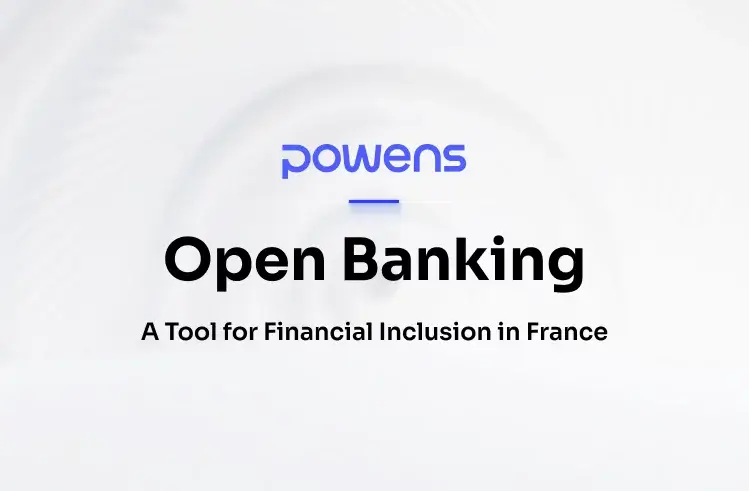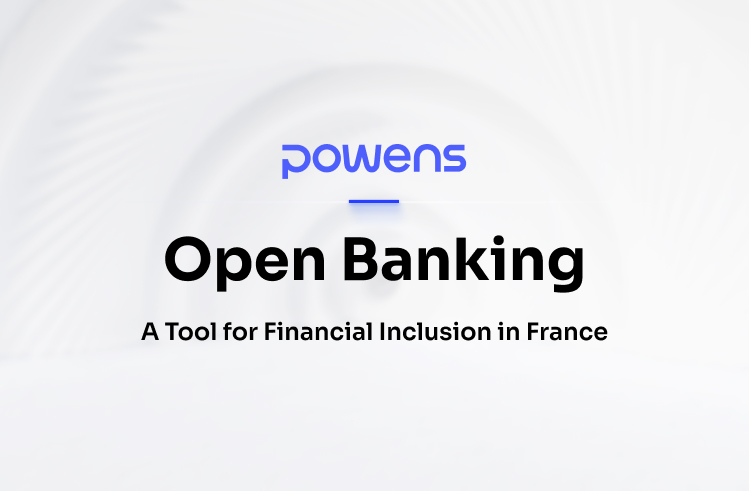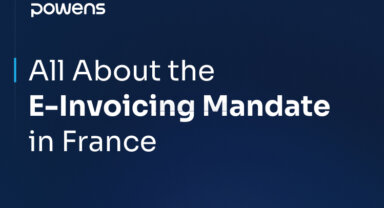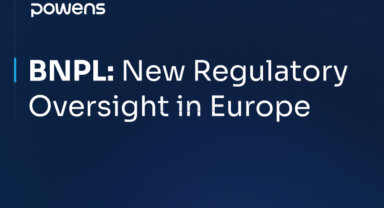Open Banking is changing how we handle finances. By letting third-party providers safely access banking data, it allows for fresh financial services. APIs make this possible, creating a more connected and competitive market. When PSD2 was introduced in 2018, it drove these changes across Europe, particularly in France. This directive mandates banks to open up their payment services and share customer data with third-party providers. The aim? To foster competition, spark innovation, and offer better services at lower costs for everyone.
This shift has led to a surge in Fintech startups. According to a Panorama du Fintech français 2023 report, these innovative companies now capture 5% of the consumer lending market in France. By bringing in financial products and services at prices that challenge the big banks, they prove that Open Banking is making financial services more accessible and affordable. In this article, we’ll explore how these shifts are helping to reduce this financial inclusion gap in France.
Banking services access for the underbanked and unbanked
In France, many immigrants and low-income individuals hit a wall when they try to access traditional banking services. Barriers include strict documentation requirements, lack of customized financial products, and physical access issues. These Open Banking challenges often leave these groups underserved by traditional banks –– according to France Stratégie, 17% of immigrants in France struggle to access credit due to a lack of credit history.
Open Banking solutions
Open Banking can address these challenges by offering digital alternatives. Fintech companies can develop products requiring minimal documentation and provide mobile banking services, making it easier for underbanked populations to open accounts and manage their finances.
These services can be personalized to meet these individuals’ specific needs, enhancing financial inclusion. Open Banking allows Fintechs to use alternative data sources like income receipts and utility bills to create more inclusive credit scoring models for immigrants.
One example of how Open Banking facilitates access to financial services for underserved populations is Finfrog. Finfrog offers small, short-term loans to individuals. With the help of Powens, Finfrog streamlined its loan application process by accessing real-time financial data, ensuring quick and accurate credit assessments. “Real-time savings and investment data aggregation is at the core of our business,” says Riadh Alimi, Founder and CEO of Finfrog. “This has empowered our financial advisors to do what they do best: help customers make better financial decisions.”
Getting funding as an SME
In France, small and medium-sized businesses regularly struggle to secure bank loans. The main problem is they don’t always have detailed financial records, making traditional banks uneasy about lending because they can’t get a full picture of how the business is doing financially. Plus, a 2023 report by Bpifrance shows that 42% of SMEs in France find the loan application process with traditional banks long and full of red tape, which is another problem for those trying to grow their businesses.
How Open Banking helps
Open Banking can smooth out the loan application process by giving lenders a full view of an SME’s financial health. This includes looking at transaction histories, cash flow, and other important financial data. With this information, lenders can make better and faster lending decisions, offering SMEs better terms and conditions. This easier access to credit can help businesses grow and boost the economy.
Powens’ Bank platform connects to over 1,800 financial institutions across 12 European countries, providing comprehensive financial data that can streamline credit applications for SMEs. This connectivity allows for diverse financial products catering to various market segments, including SMEs.
EBP, a software provider specializing in management solutions for SMEs, utilizes Powens’ financial data integration to enhance the accuracy and efficiency of financial management for their clients. This integration helps SMEs get a better view of their financial health and improves their chances of securing loans.
Competitive pricing and innovation
With Open Banking, Fintech startups can easily jump into the market, stirring up competition among financial service providers. This added competition leads to better services and lower consumer costs, as traditional banks are pushed to innovate and improve their offerings to retain customers.
Benefits for consumers
As more players join the financial scene, consumers reap the benefits. They get better service quality and save money, making banks stay competitive by improving digital services and cutting fees and interest rates on savings and loans. With 20% more customers switching accounts between 2021 and 2022, according to the Autorité de Contrôle Prudentiel et de Résolutionn, it’s a reminder of how fragile customer loyalty can be.
Financial management tools integration
Open Banking platforms often come loaded with tools like budgeting and financial planners, which show users’ spending habits, help them set up financial goals, and allow them to see their finances from all their accounts in one place.
More control for users
Budgeting apps and financial planning tools give both individuals and businesses more control and can really make a difference when it comes to making smart financial decisions. A case in point is Wealthcome, a platform for DIY asset management. By leveraging Powens’ Open Finance solutions, Wealthcome enables its users to have a comprehensive view of their financial assets and make informed investment decisions.
“We couldn’t have built and scaled Wealthcome so quickly and effortlessly without Powens by our side,” says Cyprien Delimelle, President and Founder of Wealthcome. “They gave us the keys to unlocking the power of Open Finance.”
Future trends and innovations
The future of Open Banking in France looks bright, with ongoing tech advancements like AI and blockchain technology making it even more capable as well as safer, faster, and more personal. As the market keeps growing, we can expect Open Banking technology to continue improving inclusivity and allowing a personalized focus on each customer.
With more accessible and affordable financial services for SMEs and the underbanked, Open Banking can bridge the financial inclusion gap in France. By boosting competition, driving innovation, and integrating powerful financial management tools, Open Banking creates a more inclusive financial environment.
How Powens can help
At Powens, we’re proud to enable financial institutions, Fintechs, and software vendors across Europe and LATAM to develop innovative digital products seamlessly. Our Open Banking platform supports over 280 leading financial institutions and 7 million end-users, delivering comprehensive, embedded, and fully automated banking and payment experiences.
Ready to transform your business with Powens? Get started today.

 Oct 12, 2023
Oct 12, 2023 














